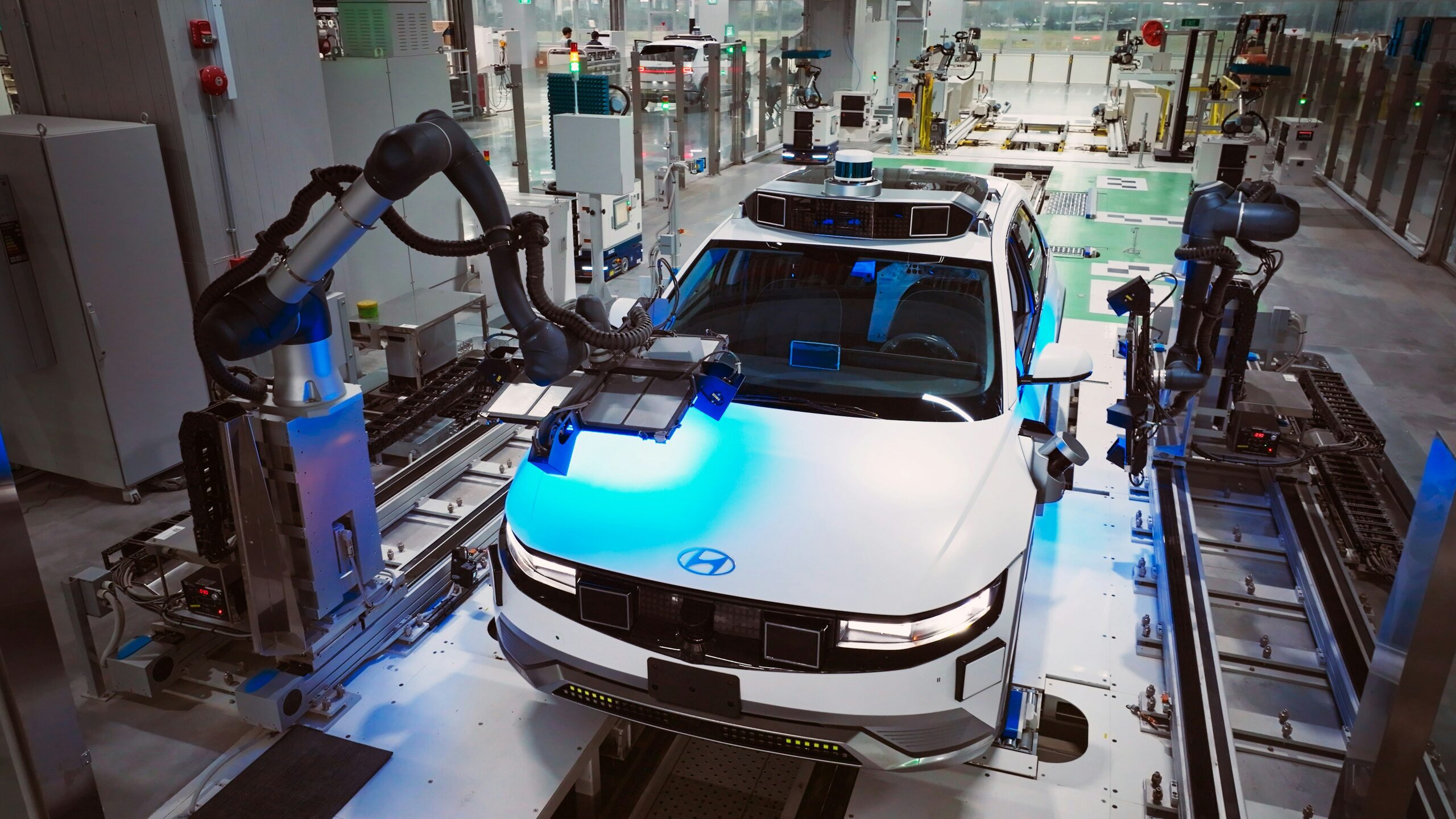The automotive industry has undergone significant transformations over the past few decades, with modern vehicle manufacturing companies leading the charge in innovation and sustainability. This article explores the best practices, key players, and cutting-edge technologies that define the modern vehicle manufacturing sector.
Overview of the Modern Vehicle Manufacturing Industry
The modern vehicle manufacturing industry is characterized by its focus on innovation, efficiency, and sustainability. Companies in this sector are constantly evolving to meet the demands of a rapidly changing market, driven by advancements in technology and shifts in consumer preferences. The industry encompasses a wide range of activities, from the design and production of vehicles to the implementation of advanced manufacturing processes.
Key Players in the Modern Vehicle Manufacturing Sector
Several companies stand out as leaders in the modern vehicle manufacturing industry. These include well-known names such as Tesla, Toyota, and Volkswagen, as well as emerging players like BYD and Rivian. These companies are recognized for their commitment to innovation, quality, and sustainability, setting the standard for the rest of the industry.
Also Read: Sara Blake Cheek Age Wiki Biography, Net worth, Zodiac Sign
Innovative Manufacturing Techniques
Modern vehicle manufacturing companies employ a variety of innovative techniques to enhance efficiency and quality. These include the use of robotics and automation in assembly lines, advanced materials for lightweight and durable vehicles, and 3D printing for rapid prototyping and production. These techniques not only improve the manufacturing process but also contribute to the overall performance and safety of the vehicles.
Sustainable Practices in Vehicle Manufacturing
Sustainability is a key focus for modern vehicle manufacturing companies. This includes the use of renewable energy sources, recycling and waste reduction initiatives, and the development of eco-friendly materials. Companies like Tesla and Toyota are leading the way in implementing sustainable practices, reducing their environmental impact while maintaining high standards of quality and performance.
Also Read: Bibian Norai Wiki Biography, Net worth, Zodiac Sign
Electric and Hybrid Vehicle Production
The production of electric and hybrid vehicles is a major trend in the modern vehicle manufacturing industry. Companies are investing heavily in the development of electric drivetrains, battery technology, and charging infrastructure. This shift towards electric and hybrid vehicles is driven by the need to reduce greenhouse gas emissions and dependence on fossil fuels, as well as the growing demand for cleaner and more efficient transportation options.
Cutting-Edge Technology in Automotive Manufacturing
The use of cutting-edge technology is a hallmark of modern vehicle manufacturing. This includes advancements in artificial intelligence, machine learning, and the Internet of Things (IoT), which are used to optimize production processes, improve quality control, and enhance the overall efficiency of manufacturing operations. These technologies enable companies to produce vehicles that are not only high-performing but also more reliable and cost-effective.
Also Read: Barbara Harris Biography
High-Tech Manufacturing Facilities
High-tech manufacturing facilities are essential for modern vehicle production. These facilities are equipped with state-of-the-art machinery and technology, allowing for the efficient and precise production of vehicles. Companies like BMW and Mercedes-Benz have invested in advanced manufacturing plants that incorporate the latest innovations in automation, robotics, and digitalization, ensuring the highest standards of quality and efficiency.
Future Trends in Vehicle Manufacturing
The future of vehicle manufacturing is shaped by several key trends, including the continued growth of electric and autonomous vehicles, the integration of advanced materials and technologies, and the increasing focus on sustainability. Companies are also exploring new business models, such as shared mobility and subscription services, to meet the evolving needs of consumers.
Also Read: Arvid Figgehn, Swedish Minecraft youtuber has passed away from cancer
Best Practices in Automotive Manufacturing
Best practices in automotive manufacturing include the implementation of lean manufacturing principles, continuous improvement initiatives, and a strong focus on quality control. Companies that adopt these practices are able to achieve higher levels of efficiency, reduce costs, and deliver superior products to their customers. Collaboration with suppliers and partners is also crucial for ensuring the success of manufacturing operations.
Conclusion
The modern vehicle manufacturing industry is at the forefront of innovation and sustainability, driven by advancements in technology and changing consumer preferences. Companies that embrace these trends and adopt best practices are well-positioned to succeed in this dynamic and competitive market. As the industry continues to evolve, the focus on innovation, efficiency, and sustainability will remain key drivers of success.In conclusion, the best modern vehicle manufacturing companies are those that prioritize innovation, sustainability, and efficiency. By adopting cutting-edge technologies, implementing sustainable practices, and continuously improving their manufacturing processes, these companies are setting the standard for the future of the automotive industry.





